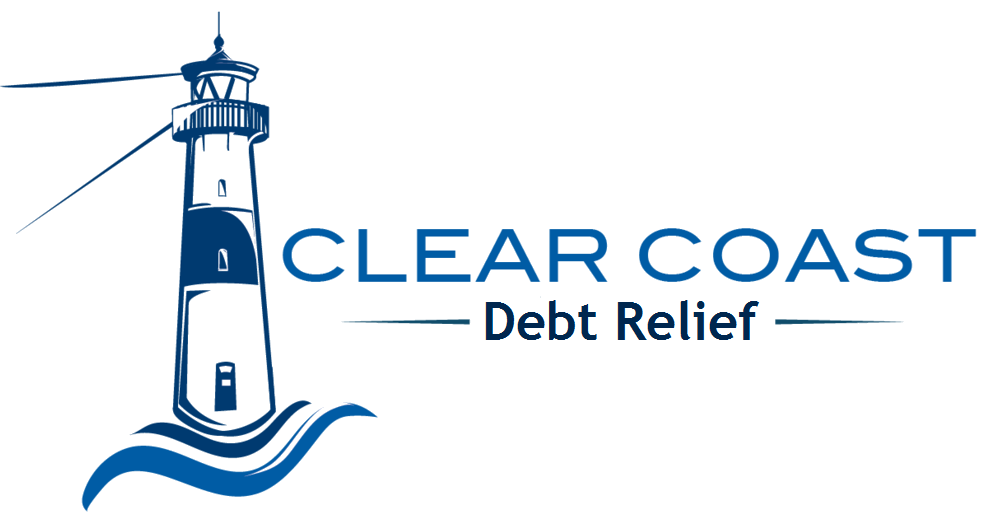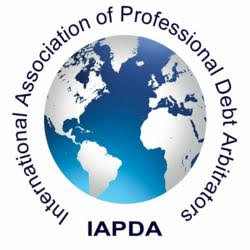What is Budgeting?
In finance, a lot of terms sound much more intimidating than they really are. On its face, the word “budget” might make you want to run for the hills. But in reality, budgets are one of the most helpful tools for achieving financial success, serving as a tangible resource to help you reach your goals. That being said, what is budgeting? Simply put, budgeting is how you plan to use your money based on the amount you have coming in and going out in a certain time frame, acting as a predictive measure to keep finances on track for the future.
Many have likened the process of budgeting to sticking to a diet. This is to say, a healthy diet doesn’t cut out everything you enjoy, but requires you to make compromises in order to reach your goals. Much like going on a diet, a budget that’s too restrictive is more likely to be broken. This sort of pressure often results in reckless overspending, landing you even further from your goal. When you approach budgeting with a sense of moderation, think of it as a “financial diet” of sorts, letting you live your life while also looking out for the future you. Now, are you ready to learn how to make a budget?
How To Make A Budget: 5 Simple Steps
1. Map Out Your Expenses
At its core, learning how to budget hinges on two things: your monthly income and your monthly expenses. After taxes, how much money is coming in per month? Write it down as a starting point to assess what you have to work with. Next, map out your monthly expenses – fixed and variable. Utilities, car payments, groceries, debt payments, subscriptions, etc. Anything you consistently buy or put money toward should go on this list – the more detail, the better! Track your spending for 30 days (electronically or with a paper trail) and analyze every single transaction, even if it’s as small as a pack of gum. Once you identify your monthly expenses, you can determine financial patterns that are prohibiting you from reaching your goals.
2. Define Your Financial Goals
Speaking of your goals, what are they? Why are you learning how to budget? Maybe it’s saving for a nest egg, building a home, or finally obtaining a debt-free lifestyle. However you envision your future, budgeting is the best way to get there. After mapping out your expenses, categorize them into past, present, and future. Past expenses are debts or loans you’re working to pay off while present expenses are any essential or nonessential costs you spend regularly. Your future expenses include any goals you want to save for such as down payments, retirement, college funds, and so on.
One common budgeting strategy is the 50/30/20 rule – an approach that encourages you to spend no more than 50% of your net income on essential purchases, 30% on nonessential costs, and to put away 20% toward savings or debt. Of course, budgets don’t operate as a one-size-fits-all solution, so you may need to tweak the fine points to fit your situation or find a different method that falls in line with your current finances. Trial and error is an essential part of learning how to budget.
3. Be Honest With Yourself and Get Your Priorities Straight
We’ll admit…Step 3 is often the hardest, but it’s also the most important. When you go on a financial diet, it’s crucial to be honest with yourself. Like stepping on the scale, it requires you to confront numbers you may not want to see. But if you close your eyes and hope for the best, you’ll end up far from where you want to go. Take a thorough look at your finances to identify where you can cut costs. Pro tip: just because you have to cut back on a certain expense now, doesn’t mean you have to forever. Budgets ebb and flow with the seasons of life, and your priorities (and cash flow) are likely to change at some point!
Like a sustainable diet, you should design your budget to include things you love in moderation. If fitness is a priority, set money aside for a monthly gym membership. Is personal care more in your wheelhouse? Put those funds toward a massage! Write out your priorities and define your non-negotiables, making compromises where necessary. Instead of restricting yourself to the tightest confines, set realistic goals so you can save money and enjoy life. A total ban on eating out is likely unattainable. Instead, challenge yourself to only eat out once a week instead of your usual four. Small changes like these have the power to make big waves in your finances.
4. Find the Right Medium to Manage Your Budget
Now that you’ve gotten serious about your situation, goals, and priorities, it’s time to put them into action! Whether you want to use an excel spreadsheet to keep track of your budget or a free app like Mint, find a system that works for YOU. There are a sea of financial apps and resources that lay out how to budget, so it’s worth doing some basic research before plugging all your information into one. The most important thing is to find a platform that’s intuitive and user-friendly. If it’s complicated or intimidating to operate, you’re less likely to stick to your budget and therefore, less likely to reach your goals. Pro tip: Depending on your credit card lender, some companies offer free budgeting tips and planning tools through their apps and websites!
5. Live It, Learn It, Love It
Once you have a budget in place, stick to it! It will be hard at first, but in front of you is a living, breathing path to financial freedom. Learning how to budget has a definite adjustment period, but you’ll be surprised at how fast extra money starts popping up, ready to be allocated elsewhere. Get a raise at work? Plug it in and see your budget’s margins open up! Car paid off faster than you thought? That extra payment can be put toward paying off your debt faster.
How To Budget And Reclaim Financial Freedom | Clear Coast Debt Relief
If you ask us, budgeting gets a bad rap. Often seen as a restrictive, pragmatic approach to saving money, the truth is budgeting is inherently freeing. When you learn how to budget and save money, you take control of your financial future. Informed by your past, budgets are an intuitive guide into your finances that work to make your present and future better.
If you feel like you’re stuck under a mountain of debt with no way out, budgeting will breathe new life into your finances and help you reach your goals in a steady, structured manner. Gone are the days of feeling powerless to your debt! Knowing how to budget with a plan and a purpose, you can reclaim financial freedom.
Is paying off debt your main concern at the moment? As a debt settlement company, we’re dedicated to helping people become completely debt-free in just 24 to 48 months. Read more about our debt negotiation services here! Call us at 866-837-0095 to get started.


